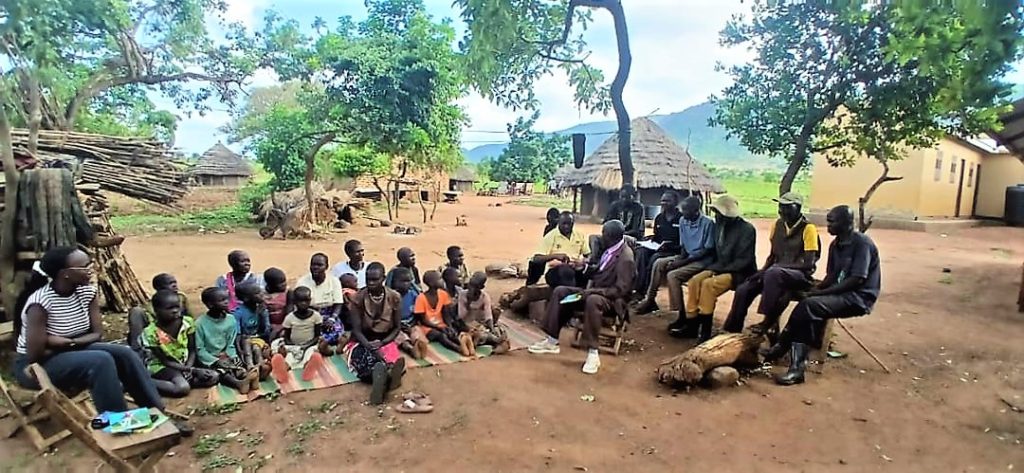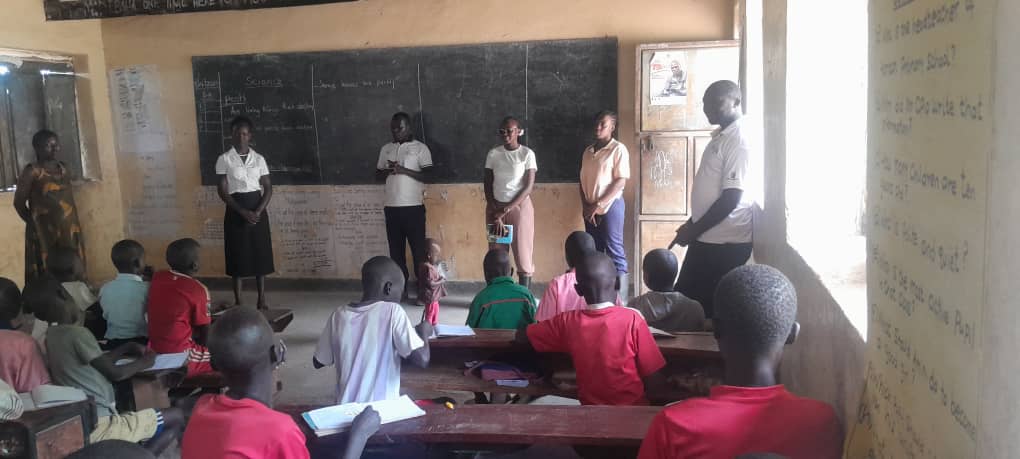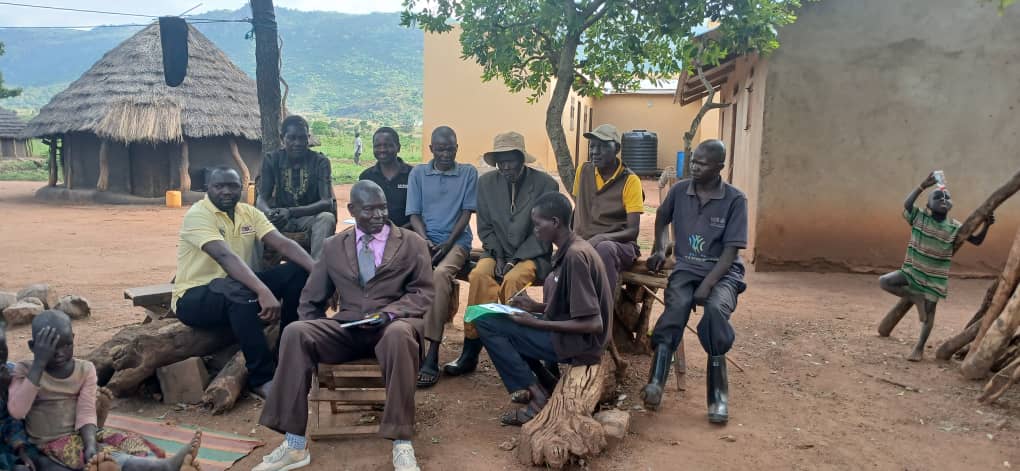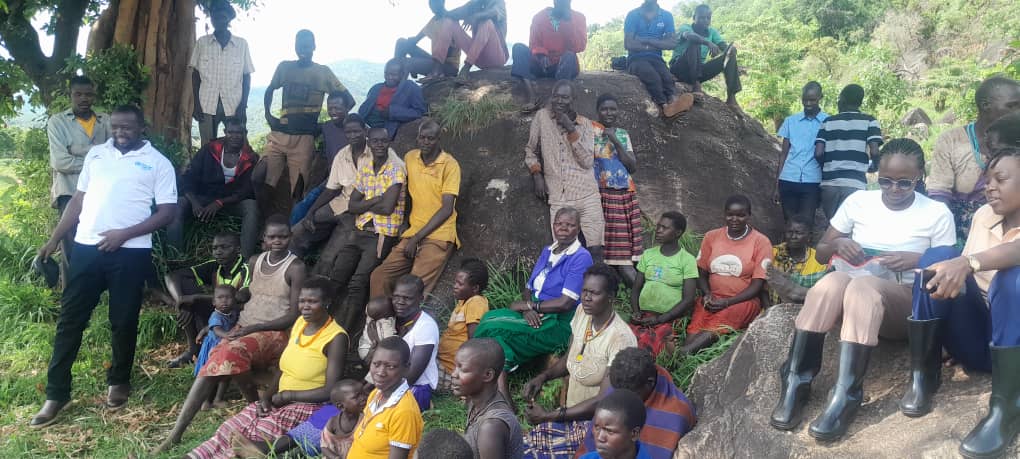
The Equal Opportunities Commission in partnership with Danish institute for human rights, is engaging ethnic minority groups to advocate for their participation and benefit from government social services, development programs, social welfare programs and social justice.
As part of the project activities, the EOC has among others mapped out the ethnic minority communities and engaged them through community visits and field research to establish accessibility to education, health and other social services in their various communities.

In the course of conducting field visits, and engaging ethnic minority community leaders from the districts of Kapchorwa, Kween, Karenga, Arua, Zombo, and Kasese, it was observed that social services such as health and education are either hard to access due to distance or totally unavailable in the ethnic minority communities. In the Elgon and Karamoja sub-regions, the situation is aggravated by poor road access and rugged terrain.

These communities have also decried stigma and discrimination when it comes to service delivery and general enjoyment of opportunities such as employment and political representation especially in districts dominated by other majority tribes.
The ethnic minority groups who are located in the sub-regions of Rwenzori, Elgon, West Nile and vastly in Karamoja, have time and again raised concerns related to lack of permanent settlement. This they say is as a result of gazetting some of their ancestral land as forest reserves or game parks which has culminated into gradual loss of heritage, extinction and even loss of lives due to clashes with wildlife officers who often bar them from accessing their cultural places.

Through numerous interactions with these communities, it is apparent that there is urgent need for affirmative action policies and other measures geared towards addressing the challenges faced by these people. These mitigating measures will be a foundation that will ensure that the Batwa, Mosopisyek, Banyabindi, Lendu, Kebu, Nyangia, Ngikutio, Basongora, Nubi, Napore, Ik, Menning and many other ethnic minority groups ultimately enjoy equal opportunities and inherent entitlements as Ugandans and as human beings.

